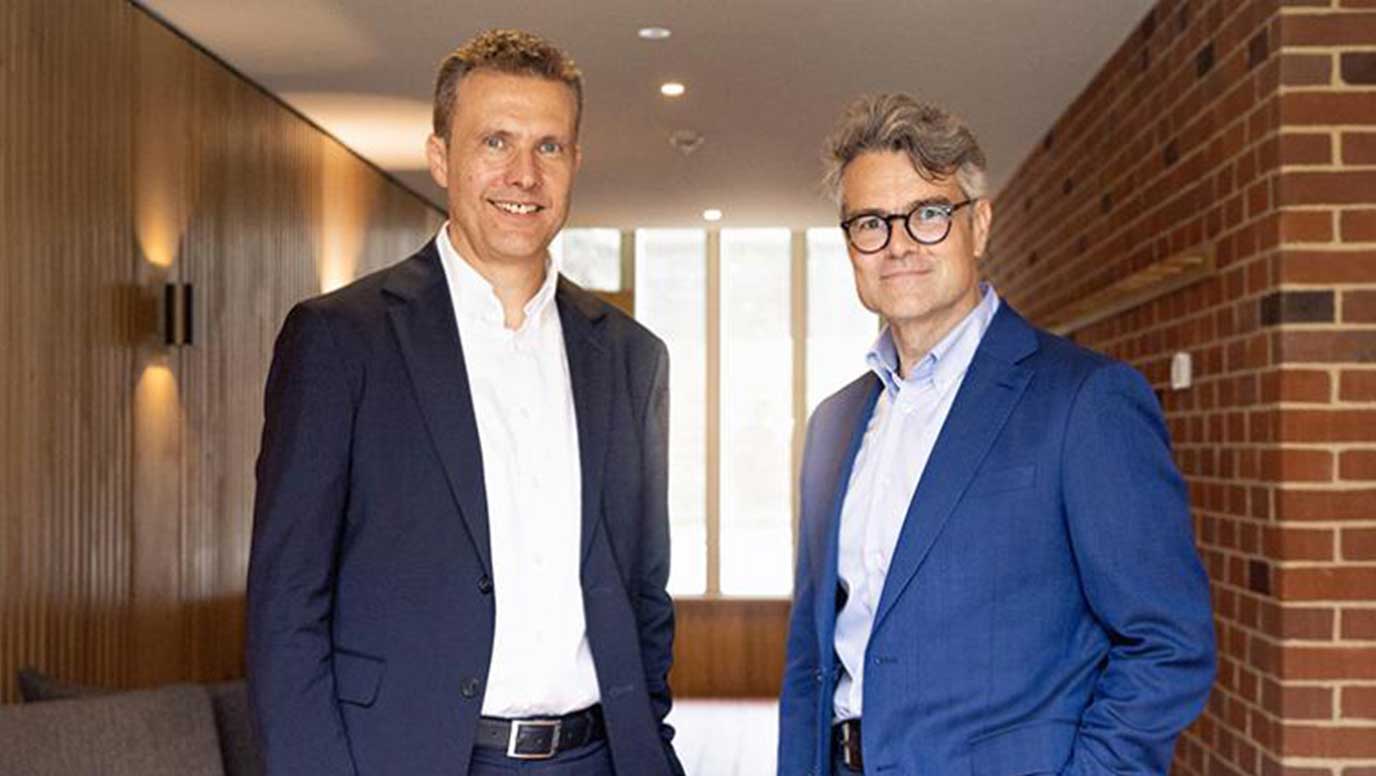£50m GSK-Cambridge University partnership to fight kidney and respiratory diseases

The five-year collaboration is targeting improved outcomes for patients with hard-to-treat kidney and respiratory diseases.
A key element of the alliance will be a new Cambridge-GSK Translational Immunology Collaboration (CG-TIC) between the company, the University of Cambridge and Cambridge University Hospitals.
The collaboration is focused on understanding the onset of a disease, its progression, how patients respond to therapies and on developing biomarkers for rapid diagnosis. Ultimately, the goal is to trial more effective, personalised medicines.
The collaboration focus of kidney and respiratory diseases is important: both diseases affect large numbers of people worldwide. Kidney disease is estimated to affect 850 million people (roughly 10 per cent of the world’s population according to the International Society of Nephrology) and chronic respiratory diseases around 545 million (The Lancet).
Many types of kidney disease remain poorly understood and treatments, where they exist, tend to have limited efficacy. Chronic kidney disease is particularly unpleasant and debilitating for patients, often leading to end-stage disease.
Treatments such as transplant and dialysis involve complex medical regimes and frequent hospital visits, making effective prevention and treatment the aim.
To make progress in treating these challenging disease areas, CG-TIC will apply an array of new techniques, including the use of cutting-edge single cell technologies to characterise how genes are expressed in individual cells.
AI and machine learning have a critical role to play in transforming how data is combined and interrogated.
Using these techniques, the ambition is to be able to initiate new studies and early phase trials of new therapies for a number of hard-to-treat diseases which affect the kidneys.
The same model will be applied to respiratory diseases and findings will be shared across the disease areas potentially to help identify and share better treatments across these different targets.
Peter Kyle, Secretary of State for Science, Innovation and Technology, welcomed the collaboration: “The UK's life sciences industry is thriving, driving innovation and improving lives. This collaboration between GSK and the University of Cambridge demonstrates our country's leading research and development capabilities.
“By focusing on cutting-edge research and harnessing the power of AI, this has the potential to advance the treatment of immune-related diseases, which could benefit patients both here in the UK and internationally.
“It's a clear example of how collaboration between industry, academia, and healthcare can deliver tangible results and strengthen the UK's position in healthcare innovation.”
Tony Wood, Chief Scientific Officer, GSK, added: “Collaboration is at the heart of scientific progress and is fundamental to how we do R & D at GSK. We’re excited to build on our existing work with the University of Cambridge to further this world-leading scientific and technological capability in the UK.
“By bringing together Cambridge’s expertise and our own internal capabilities, including understanding of the immune system and the use of AI to accelerate drug development, we have an opportunity to help patients struggling with complex disease.”
The aim of CG-TIC is to improve outcomes for patients and Cambridge provides a unique environment in which to involve them, with Cambridge University Hospitals playing a pivotal role in the collaboration and Royal Papworth Hospital NHS Foundation Trust, the UK’s leading heart and lung hospital, a likely future partner.
Home to the hospitals and to much of the collaboration’s research activity, the Cambridge Biomedical Campus provides a unique environment where academia, industry and healthcare can come together and where human translational research is supported by the National Institute for Health and Care Research (NIHR) Cambridge Biomedical Research Centre.
Professor Deborah Prentice, Vice-Chancellor of the University of Cambridge, said: “The University sits at the heart of Europe’s leading life sciences cluster, where excellent research and the NHS’s clinical resources combine with the talent generated by the many innovative bioscience companies that call Cambridge home.
“Through this very important collaboration with GSK, Cambridge will be able to drive economic growth for the UK while improving the health of people in this country and around the world.”
The Cambridge-GSK Translational Immunology Collaboration will be co-led by Nicolas Wisniacki, VP, Clinical Research Head, GSK and David Thomas, Professor of Renal Medicine, University of Cambridge and principal investigator at the Cambridge Institute for Therapeutic Immunology and Infectious Diseases.

